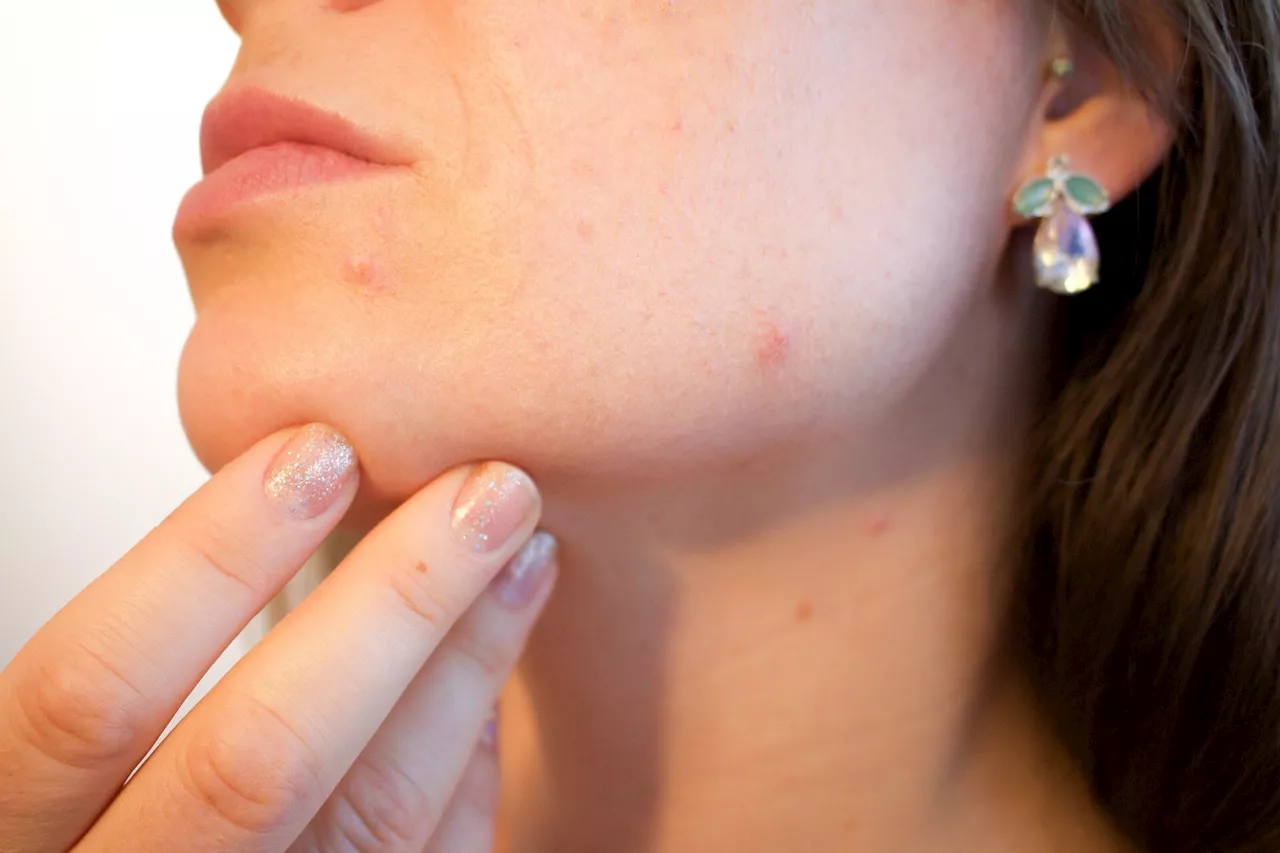Recent research highlights that omega-3 fatty acids significantly reduce acne severity. Supplementation and a Mediterranean diet improved skin condition in most study participants.
By Dr. Liji Thomas, MDReviewed by Benedette Cuffari, M.Sc.Jul 16 2024 Omega-3 fatty acids , like eicosapentaenoic acid and docosahexaenoic acid , are essential fatty acids with anti-inflammatory activity. A recent study published in The Journal of Cosmetic Dermatology examines the efficacy of ω-3 FA in acne.
Alpha-linolenic acid is an essential fatty acid that cannot be endogenously produced in humans despite its importance in food digestion. EPA and DHA are synthesized in minute amounts from ALA; thus, ALA, EPA, and DHA must be consumed in adequate quantities to maintain healthy levels. Related StoriesThirty-seven study participants had papulopustular acne , whereas 23 had comedonal acne . About 64% of the study cohort were dissatisfied with their improvement after previous treatment or its side effects.
What did the study show? At baseline, over 98% of the patients were in EPA/DHA deficit, 40 and 18 of whom were in severe deficit and deficit, respectively.
Fatty Acids Skin Alpha-Linolenic Acid Anti-Inflammatory Blood Dermatology Diet Digestion Docosahexaenoic Acid Efficacy Food Hair Inflammation Mediterranean Diet Nutrition Saturated Fats
United States Latest News, United States Headlines
Similar News:You can also read news stories similar to this one that we have collected from other news sources.
 Improving acne symptoms with Mediterranean diet and omega-3 supplementsIn a study in the Journal of Cosmetic Dermatology that included 60 individuals with mild to moderate acne, following the Mediterranean diet and taking omega-3 fatty acid supplements led to significant reductions in inflammatory and non-inflammatory skin lesions, as well as improved quality of life.
Improving acne symptoms with Mediterranean diet and omega-3 supplementsIn a study in the Journal of Cosmetic Dermatology that included 60 individuals with mild to moderate acne, following the Mediterranean diet and taking omega-3 fatty acid supplements led to significant reductions in inflammatory and non-inflammatory skin lesions, as well as improved quality of life.
Read more »
 The effect of supplementation with cornelian cherry on different cardiometabolic outcomesA recent meta-analysis in Nutrients examined recent studies on the cornelian cherry, Cornus mas L., for evidence of its cardiometabolic benefit.
The effect of supplementation with cornelian cherry on different cardiometabolic outcomesA recent meta-analysis in Nutrients examined recent studies on the cornelian cherry, Cornus mas L., for evidence of its cardiometabolic benefit.
Read more »
 Targeted vitamin D supplementation may lower depression risk for deficient individuals, study findsTargeted vitamin D supplementation for those with low levels can reduce the risk of depression, but shows no significant impact on chronic pain or other conditions.
Targeted vitamin D supplementation may lower depression risk for deficient individuals, study findsTargeted vitamin D supplementation for those with low levels can reduce the risk of depression, but shows no significant impact on chronic pain or other conditions.
Read more »
 Omega-3 fatty acid intake may lessen acne severityIn a study in the Journal of Cosmetic Dermatology that included 60 individuals with mild to moderate acne, following the Mediterranean diet and taking omega-3 fatty acid supplements led to significant reductions in inflammatory and non-inflammatory skin lesions, as well as improved quality of life.
Omega-3 fatty acid intake may lessen acne severityIn a study in the Journal of Cosmetic Dermatology that included 60 individuals with mild to moderate acne, following the Mediterranean diet and taking omega-3 fatty acid supplements led to significant reductions in inflammatory and non-inflammatory skin lesions, as well as improved quality of life.
Read more »
 Omega's 'decarbonised' Penrith heating plan approvedPlanners approve the proposal which will use latent heat produced by industrial processes.
Omega's 'decarbonised' Penrith heating plan approvedPlanners approve the proposal which will use latent heat produced by industrial processes.
Read more »
